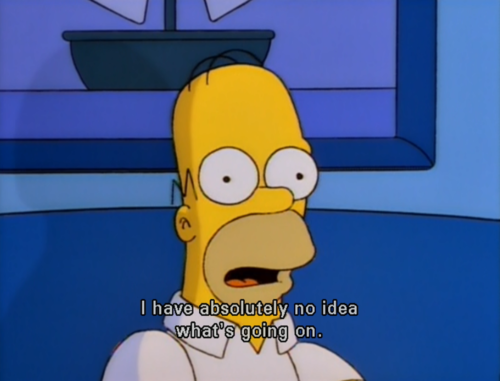I really am trying to keep an open mind on fictional hypertext. Reconfiguring Narrative definitely gave me more of an insight into the medium, but I still haven’t been completely won over.
What I found interesting about this reading is that it claims hypertext to be this amazing medium which will self-empower a reader! This makes you feel great about the concept as everyone enjoys attaining some sort of power, no matter what shape or form it comes in.
The reading then started going on about how empowered reading is a reader being able to contribute to a story… That is when I stopped and thought, ‘Doesn’t that mean that the reader is now a contributing author to the text.‘ This thought then opened up this cataclysmic black hole of my opinion on reading fictional texts.
For Me, reading is about enlightenment. It is delving into the mind of an author and coming to understand their values, ideals and ideas. Getting a glimpse of how they perceive their ‘current’ society or a futuristic take on the world. There are many fictional texts that I have read with plot and character developments I have not entirely liked or agreed with and I always find myself pondering how I would have liked the narrative to progress. I always find myself coming back to the conclusion that in doing this, I change the author’s original idea which he or she wished to communicate to an audience. Which is their essence for writing the text in the first place. If I was to start adding my own ideas and narrative to the text then, in great irony, I’m not gaining any insight as I am only reflecting what I already know and I’m only contributing my own ideas to another person’s work. I don’t see how this could expand my mind at all.
If I could change the apocalyptic end of Kurt Vonnegut’s Cat’s Cradle, so Jonah and Mona could live happily ever after.. I would. But Vonnegut didn’t intend the plot that way, so neither should I. I should accept his ideas and make an effort to understand the implicit meanings of his text.
I think empowered reading is understanding what other’s have to say or are trying to communicate and trying to reflect that upon yourself. I don’t think reflecting yourself into other people’s work is insightful at all, I think it’s pure narcissism.


